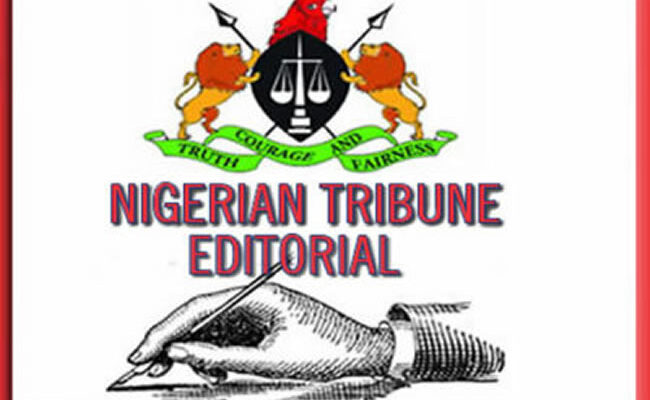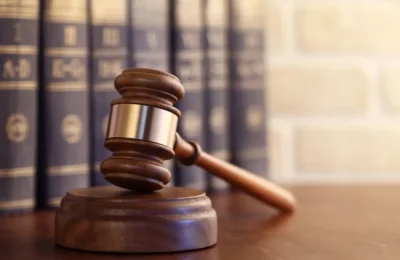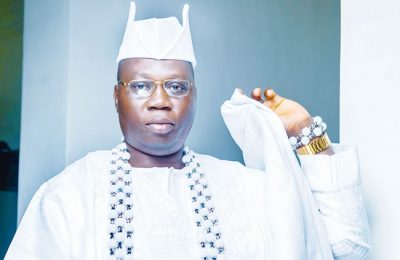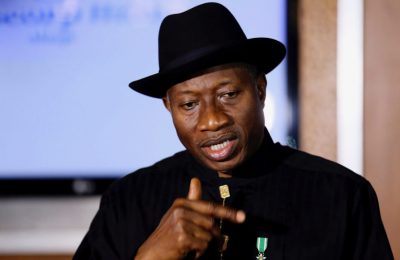
IN a development that shocked Nigerians, the Nigerian National Petroleum Company Limited (NNPCL) increased the price of petrol to N1,030 per litre at various outlets last week. The price immediately jumped to N1,200/litre in many private filling stations across the country. The increase supposedly followed the decision by the NNPCL to terminate its exclusive purchase agreement with the Dangote Refinery. Previously, the agreement allowed the corporation to be the sole purchaser of petrol from the refinery, which supposedly helped to stabilise the fuel pump price by controlling supply channels. According to the government, the move towards a “willing buyer, willing seller” model reflects global practices where fuel pump prices are determined by market interactions rather than government-imposed controls. Addressing journalists, the Minister of Information and National Orientation, Mohammed Idris, reiterated that the NNPCL’s decision was influenced by market forces, in line with the Petroleum Industry Act (PIA). According to him, the government no longer regulates petrol pricing, and the NNPCL has been absorbing losses since the removal of fuel subsidies in May 2023.
Predictably, the Nigeria Labour Congress (NLC) and the private sector called for the immediate reversal of the hike. The NLC condemned the hike in petrol price nationwide. In a statement signed by its president, Joe Ajaero, the union said: “Even following the logic of market forces, we find it an aberration that a private company (NNPCL) is the one fixing prices and projecting itself as a hegemonic monopoly. We challenge the government to go to the drawing board and present us with a blueprint for inclusive economic growth and national development instead of this spasmodic ad hocism and palliative policy. The latest wave of increase has grossly altered the calculations of Nigerians once again at a time they were reluctantly coming to terms with their new realities. It will further deepen poverty as production capacities dip, more jobs lost with multidimensional negative effects. In the light of this, we urge the government to immediately reverse this rate hike as previous increases did not produce good results.”

The NLC’s views were echoed by the director-general of the Manufacturers Association of Nigeria (MAN), Segun Ajayi-Kadir. Ajayi-Kadir said: “The second increase in one month will send high costs across the value chain for the manufacturer. In terms of the distribution of our products, it means that we are going to pay much higher for them and this will of course impact the prices at which our locally produced items will go. Together with the fact that the disposable income of the average Nigerian has dropped, we are likely to witness a further dip in our sales figures. For some small and medium-scale enterprises that use diesel in their processes, it is going to be an increase in costs. Additionally, workers who make trips are likely to request another raise to allow them to transport themselves to work. Since people will spend more on transport, it will reduce the money they spend on other goods, whereas we need more purchases to support more production.”
It is indeed unfortunate that while the Federal Government and its ideological enablers talk about ongoing “reforms,” Nigerians are daily confronted with deep immiseration. To say the least, the cost of living has spiked spectacularly and Nigerians have been impoverished beyond measure. The quality of living has nosedived and the people’s sense of self-worth is being consistently eroded. There is simply no justification for the fact that in just 17 months in office, the Bola Tinubu government has already increased the pump price of fuel by over 430 percent. This is unprecedented and it is beyond cruel. It is crushing. On the morning of May 29, 2023 when President Tinubu assumed office, fuel sold at N198 per litre. However, following his “subsidy is gone” pronouncement during his inaugural address, the price jumped to N540 at NNPC outlets. On July 18, 2023, the pump price rose from N540 to N617 per litre. That was, of course, only obtainable at the NNPC’s retail outlets: Nigerians paid as high as N800 per litre in some private filling stations, especially with the regular episodes of fuel scarcity. On September 3 this year, NNPCL again hiked the pump price of fuel from N617 per litre to N897 per litre, and fuel costs as high as N1,000 in certain stations. Now that fuel is N1,032 officially, it is clear that Nigerians have been thrown into deep despair.
It is a shame that the government says it cannot intervene in the fuel crisis on behalf of Nigerians. What then can it do? Why place reforms over and above the welfare of long-suffering Nigerians? What kind of reform consistently pauperises the people? Why punish Nigerians in this manner? It is a fact that governments all over the world pay subsidies. From the United States to Germany, France, Saudi Arabia, and so on, it is a story of subsidy and agitation for more subsidy, because the government has a responsibility to the people. The idea that a “willing buyer, willing seller” model unquestionably “reflects global practices where fuel pump prices are determined by market interactions rather than government-imposed controls” is blatantly false. In any case, even if the government is fully persuaded about the rightness of its policy, why not tweak it in the face of the untold hardship that it is subjecting Nigerians to? If government policy is creating untold hardship, the government owes the country a duty to intervene. That is the right and proper thing to do. Saying that there is nothing that the government can do about the so-called “market forces” is not only false, it is callous. Is the NNPC a parallel state?
Unless the government backtracks from its ruinous policies, poverty and degradation will spike and the crime rate will follow suit. This will lead to social unrest. It is time to jettison the punitive policies and save Nigerians from further despair. There is nothing shameful in jettisoning punitive policies. Nigerians are tired of this torment.
READ ALSO: Bobrisky: Court orders Verydarkman to remove defamatory posts on Falana, Falz







